Does Air Pollution Affect Running Performance?
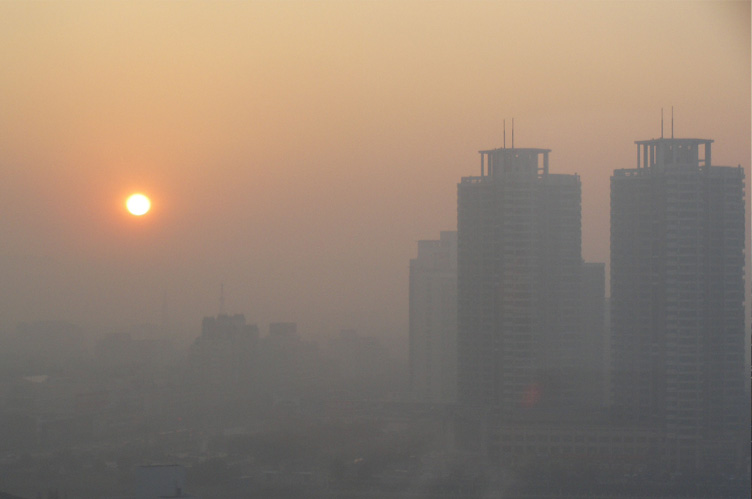
As spring rolls in, many runners are grateful to be able to run outside without suiting up for freezing temperatures. But warm, sunny weather can also bring along another trademark of summerвҖ”air pollution.
In large cities and other areas with power plants, industrial centers, or just lots of cars, increased levels of pollutants in the air can become a real health hazard. When the air pollution gets bad, youвҖҷll still probably want to get your run in. The question then becomes whether to put up with the drudgery of the treadmill or go outside and run in the polluted air.
This article will take a look at the effects of air pollution on athletic performance, with an eye both for training and racing in poor air quality.
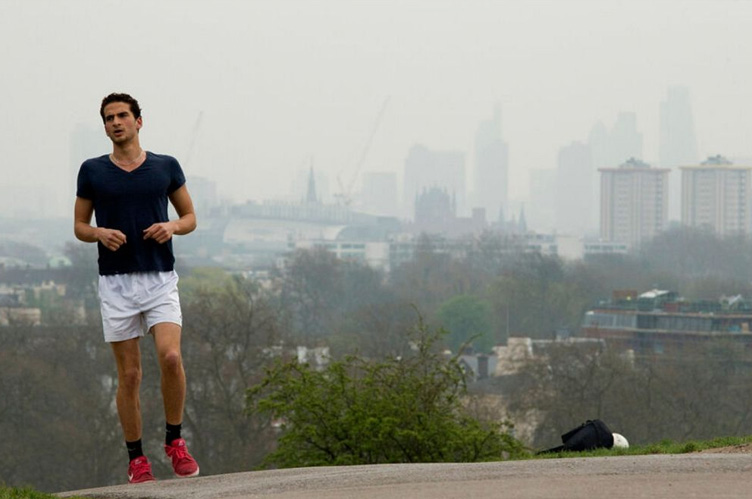
Air Pollution And Running вҖ“ The Studies
The first major studies on air pollution and endurance were undertaken in the вҖҷ60s, вҖҷ70s, and вҖҷ80s, after it was decided that the 1984 Olympics would be held in smoggy Los Angeles. Another big round of research followed in the early 2000s leading up to the Beijing Olympics.
Fortunately, these studies looked at all of the questions weвҖҷd be interested in: Does air pollution affect performance? Does it affect health? And are there any ways to mitigate its effects?
What studies say
In a fairly detailed review article published in the months before the 1984 Games, Roy Shephard at Toronto Western Hospital described the effects on the body of polluted air. These were broken down by whether the chemical pollutants were oxidants or reductants.
Oxidants
- Oxidating smog, according to Shephard, includes carbon monoxide, unburned hydrocarbons, ozone, and oxides of nitrogen.
- While oxidating smog comes mostly from car exhaust, reductive (in the chemical sense) smog is the result of coal power plants and other industrial burners discharging sulfur oxides into the atmosphere.
- Among the pollutants in oxidant smog, carbon monoxide has a predictable, detrimental effect on your bloodвҖҷs ability to transport oxygen using your red blood cells. The carbon monoxide diffuses into your blood through your lungs, occupying the oxygen bonding sites on red blood cells, and is very slow to be removed from your body. As the amount of carbon monoxide in your blood increases, your performance drops linearly, since there is steadily less blood available to carry oxygen. Щ…ЩҲЩҶЩҲЪ©ШіЫҢШҜ Ъ©ШұШЁЩҶ Ш§ШІ Ш·ШұЫҢЩӮ ШұЫҢЩҮвҖҢЩҮШ§ ШҜШұЩҲЩҶ Ш®ЩҲЩҶ ШҙЩ…Ш§ ЩҫШ®Шҙ Щ…ЫҢвҖҢШҙЩҲШҜ ЩҲ ЩҶЩӮШ§Ш· ЩҫЫҢЩҲЩҶШҜ Ш§Ъ©ШіЫҢЪҳЩҶ ШұЩҲЫҢ ЪҜЩ„ШЁЩҲЩ„вҖҢЩҮШ§ЫҢ ЩӮШұЩ…ШІ ШұШ§ Ш§ШҙШәШ§Щ„ Щ…ЫҢвҖҢЪ©ЩҶШҜ ЩҲ ШЁШіЫҢШ§Шұ Ъ©ЩҶШҜ Ш§ШІ ШЁШҜЩҶ Ш®Ш§ШұШ¬ Щ…ЫҢвҖҢШҙЩҲШҜ. ШЁШ§ Ш§ЩҒШІШ§ЫҢШҙ Щ…ЩӮШҜШ§Шұ Щ…ЩҲЩҶЩҲЪ©ШіЫҢШҜ Ъ©ШұШЁЩҶ ШҜШұ Ш®ЩҲЩҶШҢ Ш№Щ…Щ„Ъ©ШұШҜ ШҙЩ…Ш§ ШЁЩҮ ШөЩҲШұШӘ Ш®Ш·ЫҢ Ъ©Ш§ЩҮШҙ Щ…ЫҢвҖҢЫҢШ§ШЁШҜШҢ ШІЫҢШұШ§ Ш®ЩҲЩҶ Ъ©Щ…ШӘШұЫҢ ШЁШұШ§ЫҢ ШӯЩ…Щ„ Ш§Ъ©ШіЫҢЪҳЩҶ ЩҲШ¬ЩҲШҜ ШҜШ§ШұШҜ.
 In areas with heavy smog, like Los Angeles or Beijing, up to five percent of all of your red blood cells can be overwhelmed by carbon monoxide, and at these levels, even muscular coordination and perception of time can be impeded.
In areas with heavy smog, like Los Angeles or Beijing, up to five percent of all of your red blood cells can be overwhelmed by carbon monoxide, and at these levels, even muscular coordination and perception of time can be impeded.- The other oxidant chemicals, like ozone and hydrocarbons, irritate your throat, nose, and airways. When you exercise in polluted air, ozone in particular causes chest tightness and coughing. Shephard cites a study which demonstrated an 11% decrease in oxygen intake after two hours of exposure to levels of ozone similar to those in polluted areas.
Reductants
- The chemicals in reductant smog have a tendency to irritate your lungs, because the sulfur oxides combine with water in the air or in your lungs to create acidity, which causes airway restriction along with the particulate matter also present in polluted air. This problem is especially severe in athletes who already have asthma.
- Shephard also notes that the damage to the lungs and airways that results from air pollution exposure can also increase your risk for upper respiratory infections like the common cold. The reasons behind thisвҖ”damage to the delicate tissue at the surface of the lungs and airwaysвҖ”appears to be the same reason deaths from chronic respiratory diseases increase when pollution is bad.
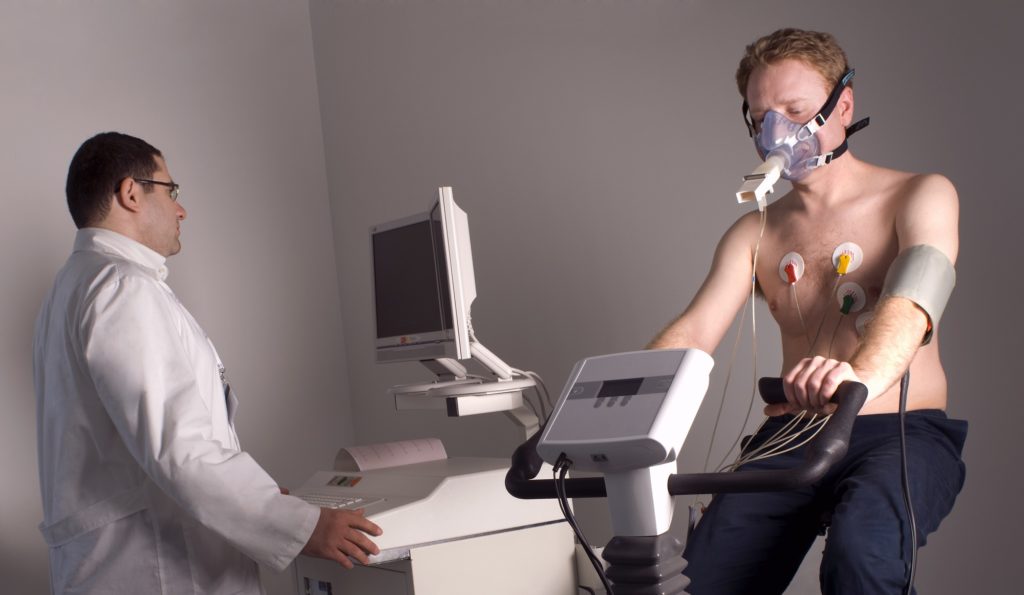
How does this impact your performance?
Other studies have also linked sulfur oxides, ozone, and carbon monoxide to decreased athletic performance. Exposure to pollutants generally leads to a predictable, linear drop in your ability to take in oxygen.
A study by Wayne Walborg and colleagues, for example, found that higher levels of oxidants in the air were correlated with slower cross country race times among high school boys in the Los Angeles area.
 More work has also revealed that exercise exacerbates their effects, since the deep, heavy breathing you use while running both increases the total volume of air moving in and out of your lungs and also allows pollutants to bypass your nose, where the mucous tissues can trap some of the chemicals before they get to your lungs.
More work has also revealed that exercise exacerbates their effects, since the deep, heavy breathing you use while running both increases the total volume of air moving in and out of your lungs and also allows pollutants to bypass your nose, where the mucous tissues can trap some of the chemicals before they get to your lungs.
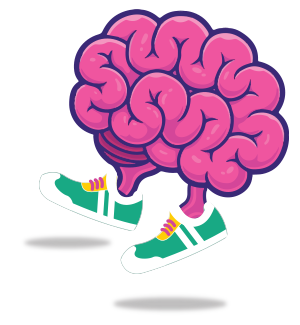
Final Thoughts And Recommendations
Unfortunately, when it comes to mitigating the effects of air pollution, there is not a whole lot that can be done. Shephard recommends the following:
- Taking vitamin E and vitamin C supplements to mitigate the oxidizing effect of some of the chemicals in smog, but admits there is scant evidence for their usefulness.
- Aside from that, the best you can do is avoid the times of day with the worst air qualityвҖ”rush hour in the morning and evening, for most American citiesвҖ”and limit your time outside on days with particularly bad smog.
- Especially if you have asthma, it might make sense to move a longer or faster workout to a day without as much air pollution, or do it inside on a treadmill.
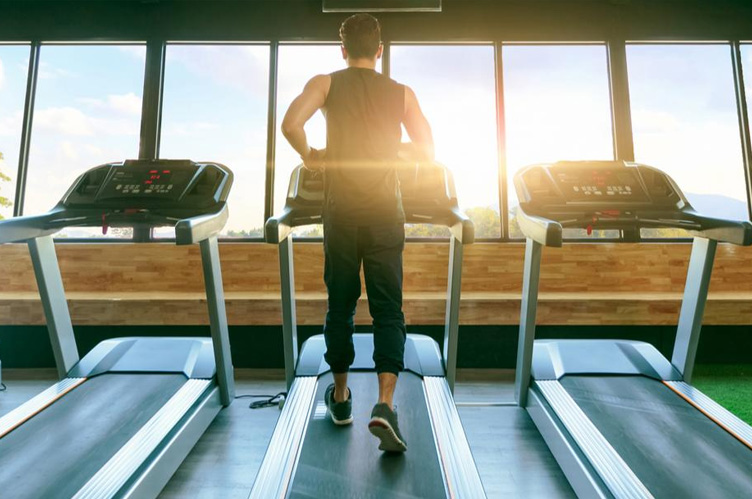
- You can check the air quality index and the forecast at airnow.gov, which comes with some useful maps and guidelines for air pollution levels.
- If you do decide to go ahead with a workout or race when air quality is poor, be aware that your oxygen intake will be impaired, so your times will likely be slower than on a day or in a city with clean air.


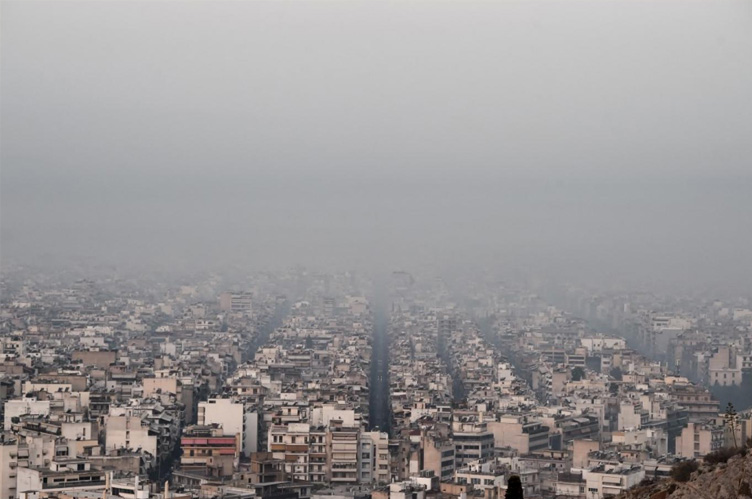


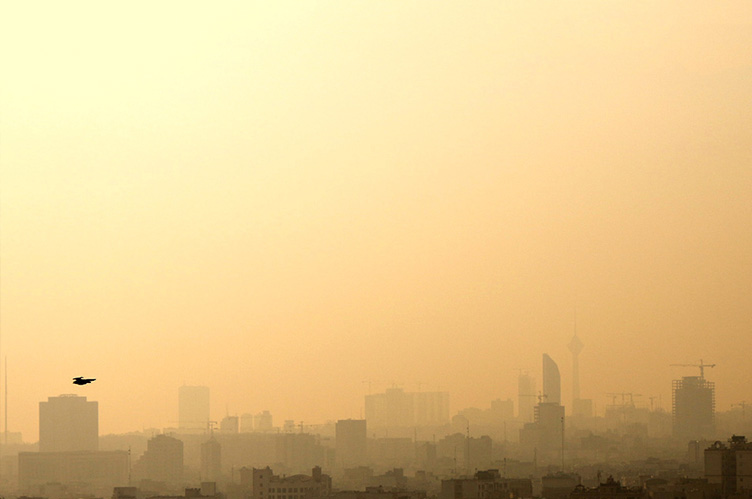 In areas with heavy smog, like Los Angeles or Beijing, up to five percent of all of your red blood cells can be overwhelmed by carbon monoxide, and at these levels, even muscular coordination and perception of time can be impeded.
In areas with heavy smog, like Los Angeles or Beijing, up to five percent of all of your red blood cells can be overwhelmed by carbon monoxide, and at these levels, even muscular coordination and perception of time can be impeded.